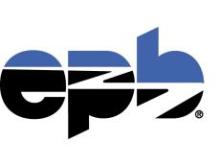Nashville Considering One Touch Make Ready
In 2015, Nashville welcomed Google Fiber with open arms, anticipating all the possibilities gigabit connectivity could mean for businesses and residents. The deployment is moving slowly, however, in part because of time consuming make ready work on utility poles. In order to speed up the process and establish better policy for the city in general, Nashville has just introduced a one touch make ready ordinance.
Too Many Wires
A recent Nashville Scene article described the situation, common in a number of communities where utility poles already carry a number of wires:
The thousands of poles that stand around the city, most of which are owned by Nashville Electric Service, are arranged with power on top and communications equipment in a line below that. In Nashville, this means NES equipment pushes electricity up top, while broadly speaking, gear from Comcast and AT&T — whether for home phone, cable or internet service — operates below.
Enter Google Fiber. Because Nashville largely sits on a massive bed of limestone rock, running cable underground is, for the most part, not a viable option. That means Google has to join its new friends in the industry on the poles, through a process known as Make Ready. In a typical scenario, that involves Google — or any other new company trying to enter the market or get on a particular pole — notifying NES, which will then notify each telecom company that it needs to send a crew to the pole — one after another — to move their equipment and accommodate the new party. The process can take months, even if contractually mandated time frames are followed. Google Fiber officials and operatives working on their behalf suggest that’s not always the case.
One-Stop Approach











